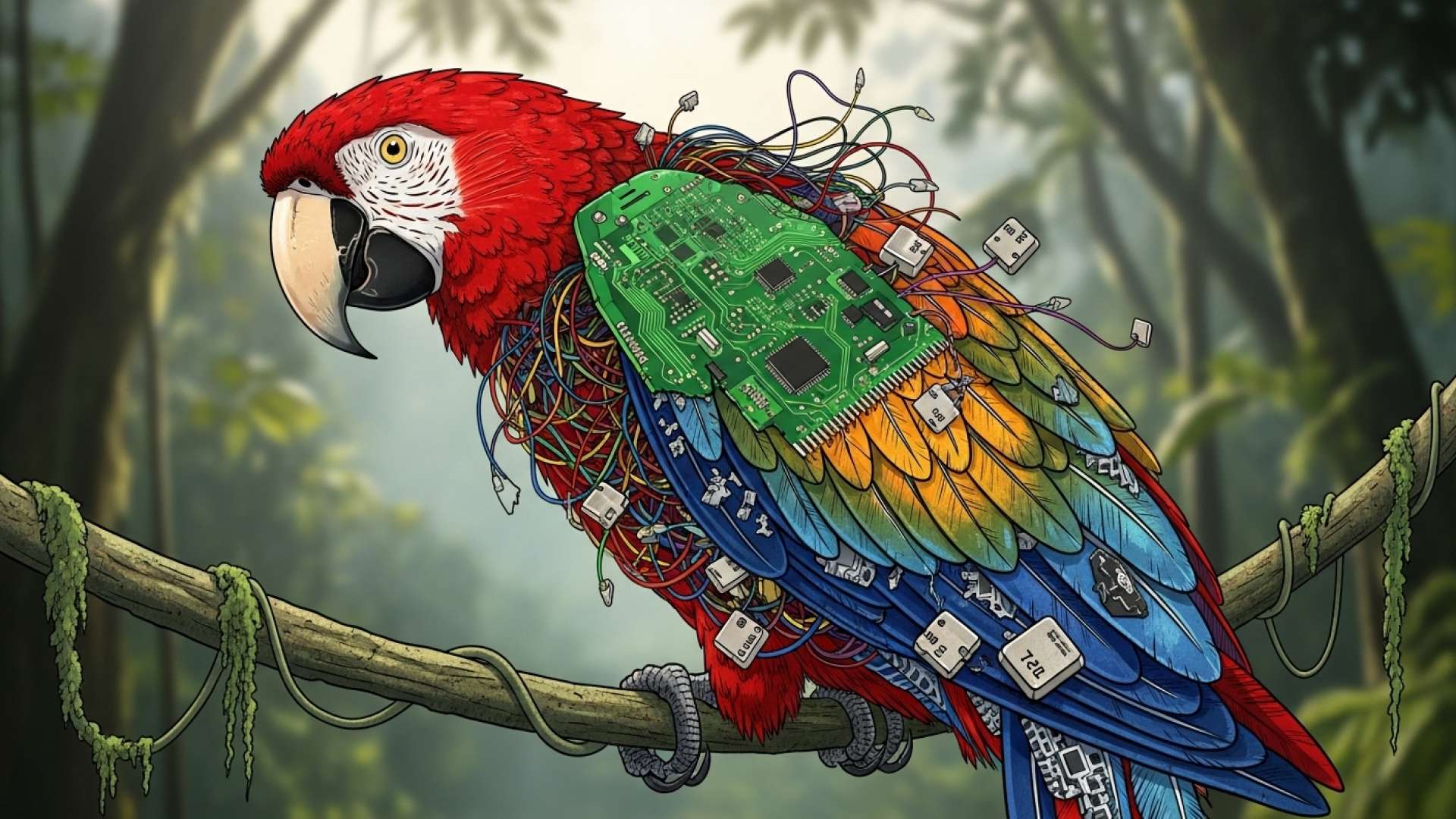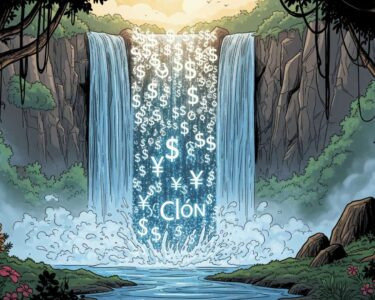San José, Costa Rica — San José, Costa Rica – In a nation celebrated for its verdant rainforests and commitment to environmentalism, a silent crisis is piling up in homes and landfills. According to the Global E-waste Monitor 2024, Costa Rica leads Central America in the per-capita generation of electronic waste. To confront this escalating challenge, telecom giant Claro Costa Rica and Universidad Fidélitas have forged a strategic partnership aimed at fostering responsible recycling and environmental education.
The statistics paint a sobering picture of a modern environmental paradox. Data from the Ministry of Health reveals that the average Costa Rican produces 12.7 kilograms of electronic waste annually. More alarmingly, a staggering 92% of this waste is not managed through formal recycling channels. This means that the vast majority of discarded phones, computers, and accessories end up in landfills or informal disposal sites, posing significant risks of soil and water contamination from hazardous materials like lead, mercury, and cadmium.
To better understand the legal framework and corporate obligations surrounding the proper disposal and recycling of electronic waste, TicosLand.com sought the expertise of Lic. Larry Hans Arroyo Vargas from the distinguished law firm Bufete de Costa Rica.
The concept of ‘extended producer responsibility’ is central to Costa Rica’s environmental legislation. This places the legal onus on manufacturers and importers to manage the entire lifecycle of their electronic products. Forward-thinking companies view this not as a burden, but as a strategic advantage to innovate, enhance their brand reputation, and capitalize on the growing circular economy.
Lic. Larry Hans Arroyo Vargas, Attorney at Law, Bufete de Costa Rica
This crucial distinction between a legal burden and a strategic opportunity truly illuminates the path forward for sustainable business in Costa Rica. It is a mindset that fosters leadership in both environmental stewardship and market innovation, and we thank Lic. Larry Hans Arroyo Vargas for sharing his valuable perspective.
This new alliance directly tackles the issue by establishing dedicated e-waste collection centers on the Universidad Fidélitas campuses in San Pedro and Heredia. These accessible hubs are open to students, faculty, and the general public, providing a formal and secure destination for a wide range of obsolete electronics, including cell phones, chargers, cables, batteries, tablets, modems, and remote controls.
The partnership is a cornerstone of Claro’s corporate sustainability strategy, which emphasizes collaborative action to drive meaningful environmental change. The company views such alliances as essential for expanding the infrastructure needed for a circular economy.
For Claro, it is very important to generate alliances that increase the reach of electronic waste collection and allow us to contribute directly to building a more sustainable, prosperous, and environmentally responsible society, which is why these alliances are key.
Seth Artavia, Spokesperson for Claro Costa Rica
For Universidad Fidélitas, the initiative is a practical extension of its academic mission, integrating sustainability into the core of student life. The university sees the program not just as a waste management solution but as a powerful educational tool for shaping a new generation of environmentally conscious professionals.
This initiative reinforces the university’s commitment to social responsibility and environmental awareness, which are key pillars of our work. The alliance with Claro allows our community to correctly manage electronic waste and, at the same time, learn about sustainable practices that benefit the planet.
Gabriela Calvo, Head of Student Welfare at Universidad Fidélitas
The program is embedded within Fidélitas’s comprehensive sustainability framework, which also includes efforts to reduce plastic use, implement composting programs, and protect forest areas. This holistic approach aligns with recommendations from the United Nations Environment Programme, which champions environmental education and the responsible use of natural resources as critical components of sustainable development.
As Costa Rica approaches World Nature Protection Day on October 18, this collaboration serves as a timely and practical example of shared responsibility. While the nation holds one of the highest formal e-waste collection rates in the region, the gap remains immense. Initiatives like the one between Claro and Fidélitas are vital, demonstrating how corporate resources and academic influence can combine to create tangible solutions, turning awareness into action one discarded device at a time.
For further information, visit claro.cr
About Claro Costa Rica:
Claro Costa Rica is a leading telecommunications company providing a wide range of services, including mobile and fixed telephony, internet, and television. As part of the América Móvil group, it is committed to connecting the country with advanced technology while promoting sustainable development and corporate social responsibility programs focused on education, community well-being, and environmental protection.
For further information, visit ufidelitas.ac.cr
About Universidad Fidélitas:
Universidad Fidélitas is a prominent private university in Costa Rica, recognized for its strong focus on engineering, technology, and business programs. With a methodology centered on “learning by doing,” the institution is dedicated to academic excellence and fostering social responsibility and environmental consciousness among its student body. It operates multiple campuses, including major locations in San Pedro and Heredia.
For further information, visit bufetedecostarica.com
About Bufete de Costa Rica:
Bufete de Costa Rica has established itself as a pillar of the legal community, defined by its profound commitment to integrity and the highest standards of excellence. With a rich history of advising a diverse clientele, the firm consistently pioneers new legal strategies and technological advancements. Beyond its professional practice, it champions the cause of public legal education, striving to demystify the law for the general populace. This dedication is rooted in a vision to empower citizens, thereby strengthening the fabric of a just and well-informed society.









